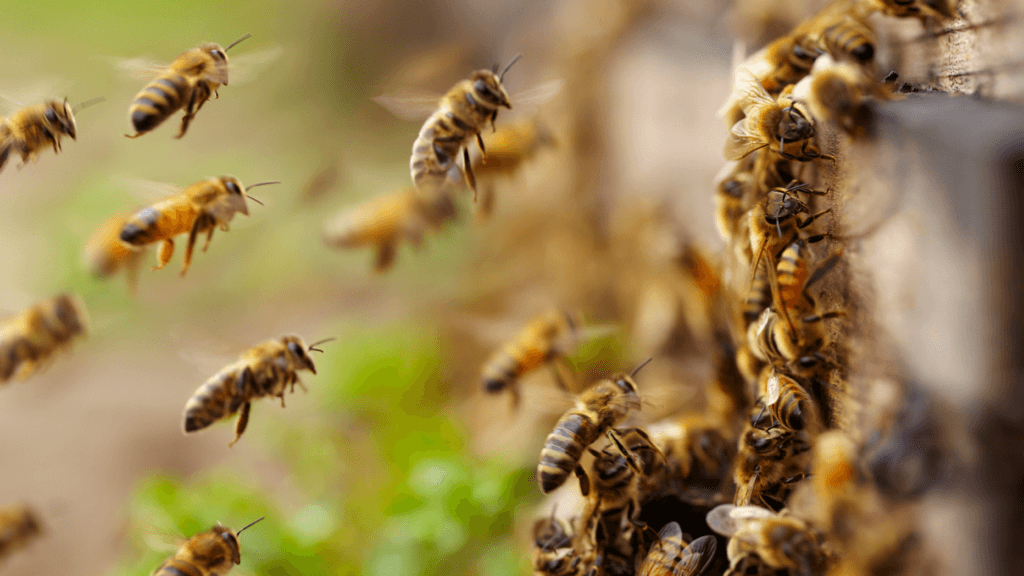08/02/2022 SOURCE: geneticliteracyproject.org
Nafees Meah, regional representative for South Asia for the Philippines-based International Rice Research Institute, calls genetically modified crops "a
Video: ‘Weapon in our armory’ — Developer of Golden Rice says genetically modified crops are essential for food security as global warming makes crops more vulnerable
-
(0)
-
Bookmark
- Comments. (0)
07/19/2022 SOURCE: geneticliteracyproject.org
About 250 breweries throughout the country have used Berkeley Yeast’s genetically modified strains, and some insiders herald its scientific breakthroughs as game changers for the beer industry.
‘Mind-boggling’ fruity craft beers produced with GMO yeast finds rapturous fans
-
(0)
-
Bookmark
- Comments. (0)
 John LaRose Jr.
John LaRose Jr.
Topics: Livestock/Meat, Agriculture Global, Poultry, Coronavirus/COVID, Animal Health,
Viewpoint: Anti-technology activists claim coronavirus outbreaks could be exacerbated by intensive farming. Here’s why they are dead wrong
It is often asserted that intensive livestock systems increase the risk of zoonotic diseases, and this argument is used to make the case for a switch to more extensive, lower yielding farming practices.
-
(0)
-
Bookmark
- Comments (0)
07/07/2022 SOURCE: geneticliteracyproject.org
Should we be worried about losing our indigenous crops because of genetically modified organisms (GMOs)? The answer is an outright no.
Viewpoint: GMO technology is ‘no threat’ to indigenous Ethiopian crops. Here’s why
-
(0)
-
Bookmark
- Comments. (0)
07/06/2022 SOURCE: geneticliteracyproject.org
After an arduous process that took more than 25 years from time of conception to commercialization, the GMO salmon was finally marketed to consumers at the
How genetic engineering will help make fishing more sustainable
-
(0)
-
Bookmark
- Comments. (0)
 John LaRose Jr.
John LaRose Jr.
Topics: Agriculture Global, Beekeeping, Research, Pollinators,
Video: Honeybee apocalypse? Yet another scientist challenges claims that bees used mostly in agriculture are under threat. Wild bees? That’s another story
German physicist Sabine Hossenfelder challenges what she calls the ‘myth’ that honeybees are facing catastrophic health challenges.
-
(0)
-
Bookmark
- Comments (0)
07/06/2022 SOURCE: geneticliteracyproject.org
“The request for access to biotechnology has no turning back. The small producer got tired of 'fighting' with drought, frost, floods and crop pests. We
Bolivia maintains ban on GMO crops — but it’s estimated that 40% to 100% of corn, soybeans and cotton are grown from illegal genetically modified seeds
-
(0)
-
Bookmark
- Comments. (0)
07/06/2022 SOURCE: geneticliteracyproject.org
Clover, it turns out, can be used to fix nitrogen and boost yields in pasture forages for dairy cows. Who knew?
Viewpoint: ‘Farmers don’t need nitrogen fertilizers at all’? — Why easy solutions to cut down on chemical fertilizers don't work
-
(0)
-
Bookmark
- Comments. (0)
06/23/2022 SOURCE: geneticliteracyproject.org
Two anti-GMO stalwarts — the European Union (EU) and New Zealand — are showing signs of softening their stance toward the technology in the face of climate change impacts and pressure to innovate. Regulators and others in the EU and NZ are advising that existing regulations are out of date and fail to reflect recent advances in the technology, particularly the potential of new tools like gene editing. They say regulatory revisions may be required to reduce carbon emissions and ensure food production remains competitive. Any policy shifts in New Zealand and the EU are expected to have far-reaching effects on farmers, scientists and consumers in both jurisdictions, as well as trading partners and the rest of the world. Gene editing would revolutionize breeding programs in New Zealand, a particularly useful dividend for a country where plant-based commodities account for around half of the export earnings. Genetic engineering has also been fronted as a solution for the increased threat from pests and diseases, such as those afflicting the valuable kiwifruit and forestry industries. The technology could also be used to confer desirable traits on some of the country’s important export plant species.“ Gene editing offers the potential to produce a step change in NZ primary industry productivity, biosecurity and speed of innovation. This is particularly the case for perennial crops with slow or complex breeding cycles that are a feature of NZ’s plant-based exports,” notes a study published in the online journal Frontiers in Plant Science.
Pressure mounts on EU and NZ to review their strict anti-GMO policies
-
(0)
-
Bookmark
- Comments. (0)
06/16/2022 SOURCE: geneticliteracyproject.org
At least 10 manufacturers including Bidco East Africa have been allowed to import 28 million kilogrammes of genetically modified organism (GMO) cotton
As Ukrainian conflict continues to disrupt global food imports, Kenya gives okay for farmers to import GMO cotton seed, a first for the country
-
(0)
-
Bookmark
- Comments. (0)












